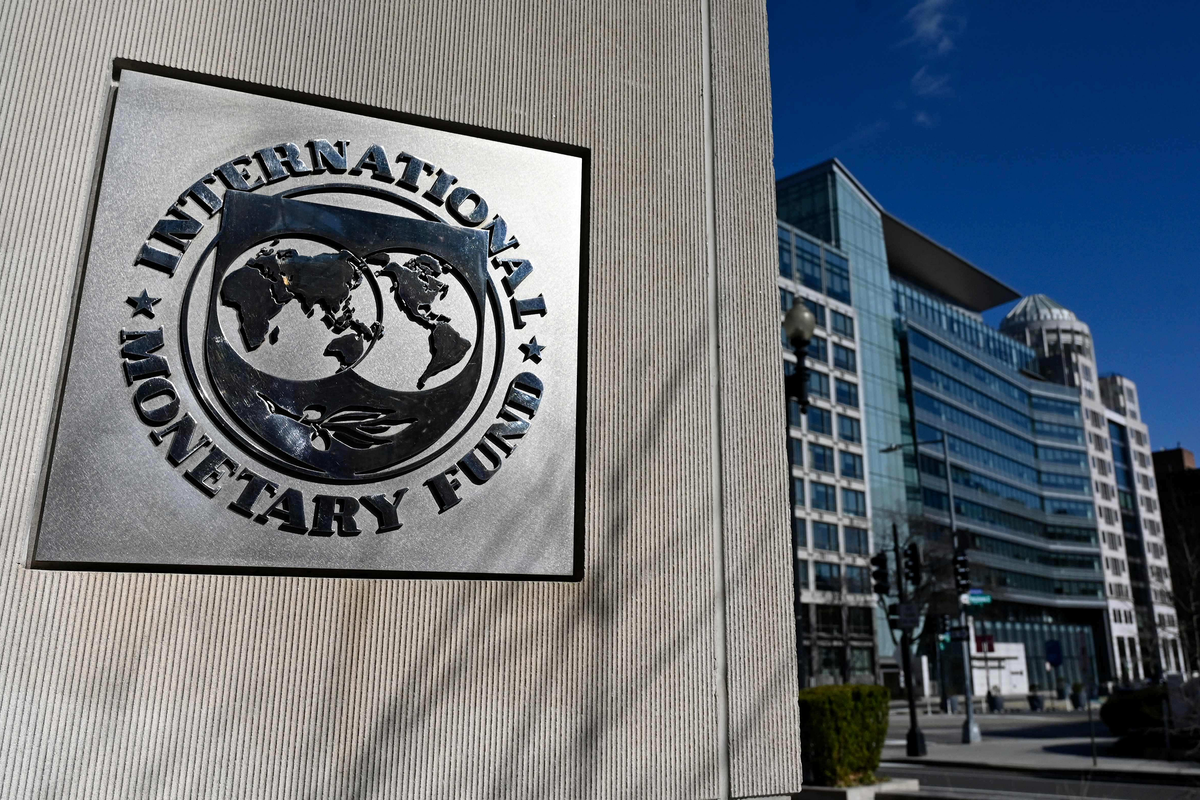IMF raises concerns over Pakistan’s move to allocate 2,000MW for Bitcoin mining
IMF warns that Pakistan’s strained energy sector, burdened by soaring circular debt, cannot bear further fiscal pressure

Haris Zamir
Business Editor
Experience of almost 33 years where started the journey of financial journalism from Business Recorder in 1992. From 2006 onwards attached with Television Media worked at Sun Tv, Dawn Tv, Geo Tv and Dunya Tv. During the period also worked as a stringer for Bloomberg for seven years and Dow Jones for five years. Also wrote articles for several highly acclaimed periodicals like the Newsline, Pakistan Gulf Economist and Money Matters (The News publications)

The IMF remains firmly opposed to any form of incentive-based budgeting, including subsidized power.
Reuters/File
The International Monetary Fund (IMF) has raised serious concerns over the Pakistan government's decision to allocate 2,000 megawatts (MW) of electricity for Bitcoin mining and the establishment of artificial intelligence (AI) data centers, questioning the tariff rates at which the electricity would be provided.
The Fund remains firmly opposed to any form of incentive-based budgeting, including subsidized power.
According to sources familiar with the ongoing virtual meetings between IMF and Pakistani officials, the Fund has explicitly objected to allowing power cuts or subsidized electricity for the development of crypto and AI infrastructure.
The IMF argues that Pakistan’s energy sector is already under significant stress due to ballooning circular debt and cannot afford additional fiscal burdens.
These discussions come amid budget negotiations for the fiscal year 2025-26, during which the IMF has repeatedly urged Pakistan to maintain fiscal discipline. Specifically, the Fund has advised against offering preferential electricity rates to Bitcoin mining and AI data centers.
Govt pushes back as IMF rejects relief proposals
The government, however, is pushing to secure various relief measures in the upcoming budget. Yet, most of these proposals -- particularly tax exemptions for salaried individuals -- have been rejected by the IMF. Instead, the Fund is pressing for increased levies to enhance revenue collection, sources said.
Just a week ago, the federal government announced the allocation of 2,000MW in the first phase of a national initiative aimed at powering Bitcoin mining and AI data centers. This move follows Pakistan’s recent decision to legalize cryptocurrency in a bid to attract international investment.
To oversee this transition, the Pakistan Crypto Council (PCC) was launched in March with the mandate to regulate and integrate blockchain technology and digital assets into the national financial ecosystem. The government has appointed entrepreneur Bilal Bin Saqib as the chief adviser to the finance minister on matters related to the council.
Finance Minister Muhammad Aurangzeb has hailed the initiative as a transformative step in Pakistan’s digital evolution. “This strategic allocation marks a pivotal moment in Pakistan’s digital transformation journey -- unlocking economic potential by turning excess energy into innovation, investment, and international revenue,” he said.
He added that Pakistan is uniquely positioned -- both geographically and economically -- to become a global hub for data centers. “As a digital bridge between Asia, Europe, and the Middle East, Pakistan offers the most strategic location in the world for data flow and digital infrastructure,” the finance ministry said in a statement.
IMF, SBP stress need for legal clarity in crypto space
Nonetheless, the IMF has sought further clarity on the legality of the initiative, the potential strain on national resources, and the lack of a formal crypto regulatory framework. With the country still grappling with energy shortages, the Fund has underscored the need for careful policy design.
The State Bank of Pakistan (SBP) on Friday reiterated in a statement that virtual currencies remain outside the scope of authorized financial activity until a comprehensive legal framework is established.
To address this regulatory gap, the SBP and the Finance Division are currently collaborating with the Pakistan Crypto Council to draft a legal and regulatory framework for virtual assets.
According to the SBP, the proposed framework aims to provide greater legal clarity and protection for both consumers and investors moving forward.










Comments
See what people are discussing